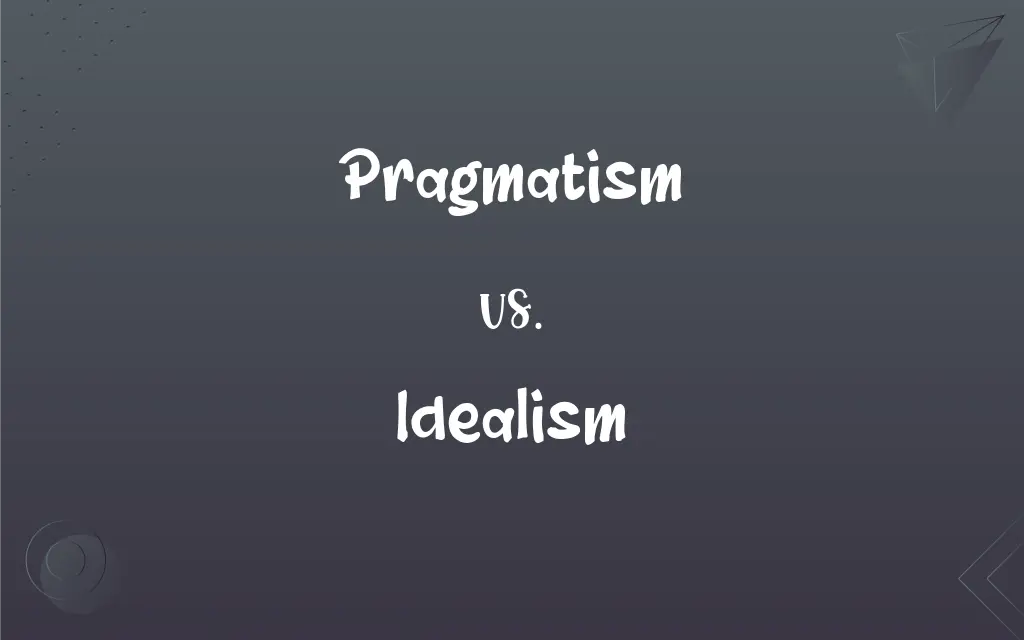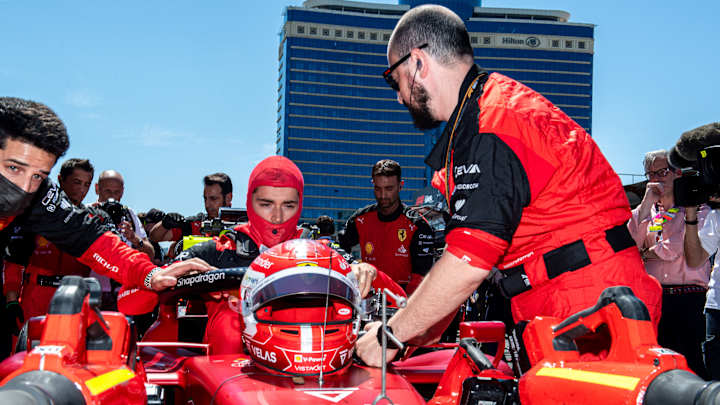Between Pragmatism And Conscience: Nigeria And The Lessons Of "The Kite Runner"

Table of Contents
Parallels between Afghanistan and Nigeria: Shared Experiences of Social Inequality and Injustice
While geographically distant, Afghanistan and Nigeria share unsettling similarities in their experiences of social inequality and injustice. "The Kite Runner" vividly depicts the impact of societal structures on individual choices, a theme profoundly relevant to the Nigerian context.
The Impact of Societal Structures on Individual Choices
- Afghanistan (as depicted in "The Kite Runner"): The Pashtun-dominated society creates a system of privilege and oppression, forcing characters like Hassan to endure injustice and silencing their voices. The Taliban regime further exacerbates this inequality, leading to widespread fear and moral compromises.
- Nigeria: Nigeria grapples with profound social inequalities, including widespread poverty, religious conflict between Christians and Muslims, and ethnic tensions between numerous tribes. These factors create environments where individuals are pressured to compromise their conscience for survival or advancement. For example, the prevalence of bribery and corruption often forces individuals to choose between upholding ethical principles and securing their livelihood.
These inequalities pressure individuals to make choices that defy their conscience. The societal pressure to conform, whether to maintain social standing, avoid persecution, or simply survive, can lead to morally ambiguous decisions. The weight of societal expectations can be immense, forcing individuals to navigate a minefield of ethical dilemmas.
Exploring Themes of Class and Privilege
The class systems in both Afghanistan and Nigeria significantly influence the actions of individuals. In "The Kite Runner," Amir's privilege allows him to remain largely unaffected by the consequences of his actions, while Hassan, belonging to a lower class, bears the brunt of the injustice.
- Afghanistan: The stark class divide between the wealthy and the impoverished creates an environment where exploitation and abuse are commonplace.
- Nigeria: Similar disparities exist in Nigeria, with significant wealth concentrated in the hands of a few, while a large population struggles with poverty and lack of opportunity. This inequality fuels corruption and creates a system where the powerful often operate outside the bounds of ethical conduct.
The power dynamics inherent in these societies shape moral decisions. Those with power can often disregard ethical considerations with impunity, while the powerless are forced to make difficult choices to protect themselves and their families. Understanding these power dynamics is crucial to comprehending the moral dilemmas faced by individuals in both contexts.
The Weight of Past Actions: Redemption and Forgiveness in Nigerian Society
"The Kite Runner" powerfully explores the themes of redemption and forgiveness. Amir's arduous journey towards redemption provides a framework for considering similar themes within Nigerian society.
The Concept of Redemption in Both the Novel and the Nigerian Context
- Amir's Journey: Amir's redemption arc in "The Kite Runner" demonstrates the possibility of atonement for past mistakes. His journey, however, is fraught with challenges and requires significant self-reflection and action.
- Nigerian Society: Nigerian society, deeply rooted in religious and cultural traditions, presents varying perspectives on forgiveness and reconciliation. While many believe in the possibility of redemption, the path to forgiveness can be complex and often influenced by societal norms and expectations. The complexities of tribal customs and religious interpretations play a crucial role in determining the acceptance of atonement.
The societal acceptance (or lack thereof) of seeking forgiveness for past transgressions differs significantly between cultures. While the novel highlights the possibility of redemption, the Nigerian context presents a more nuanced picture, influenced by diverse religious beliefs, cultural norms and the strength of societal structures.
The Role of Religion and Tradition in Shaping Perspectives on Morality
Religious and cultural influences significantly shape moral perspectives in both Afghanistan and Nigeria. In "The Kite Runner," Islamic traditions and cultural norms play a pivotal role in shaping characters' understanding of morality and justice.
- Afghanistan: The strict interpretation of Islamic law under the Taliban regime further complicates the moral landscape, forcing characters to navigate conflicting values.
- Nigeria: Nigeria's diverse religious landscape – encompassing Islam, Christianity, and traditional beliefs – creates a complex interplay of moral codes. These differing perspectives often lead to contrasting views on issues such as forgiveness, justice, and acceptable behavior.
The interaction between religion, tradition and pragmatic considerations significantly impacts decision-making. Individuals often find themselves torn between adherence to religious or cultural dictates and the pressures of economic necessity or social survival.
Pragmatism vs. Conscience: Navigating Moral Dilemmas in a Complex World
"The Kite Runner" presents numerous difficult choices faced by its characters, mirroring similar dilemmas encountered in contemporary Nigeria.
Analyzing Difficult Choices Faced by Characters and Their Nigerian Equivalents
- Examples from the Novel: Amir's decision to remain silent about Hassan's assault exemplifies the conflict between personal gain and ethical responsibility.
- Nigerian Parallels: In Nigeria, individuals often face similar choices—for instance, a civil servant might be offered a bribe, forcing them to choose between personal enrichment and upholding the law. A journalist might be pressured to suppress a story that could implicate a powerful individual.
Societal expectations heavily influence these choices. The fear of retribution, social ostracism, or even violence can outweigh moral considerations. The pressures of poverty and lack of opportunity further complicate these decisions, making it difficult to balance pragmatism with conscience.
The Importance of Critical Thinking and Ethical Awareness in Decision-Making
Navigating these moral dilemmas requires critical thinking and ethical awareness. Readers should reflect on their own moral compasses and the pressures they face in their daily lives.
- Fostering Ethical Awareness: Encouraging open dialogues about moral issues, promoting ethical education in schools, and strengthening institutions that uphold justice are crucial steps towards fostering ethical awareness in Nigerian society.
- Responsible Decision-Making: Promoting transparency and accountability in both public and private sectors is vital for encouraging responsible decision-making.
Developing a strong moral compass and engaging in critical self-reflection is a continuous process, demanding courage and a commitment to ethical behavior despite external pressures.
Conclusion: Learning from "The Kite Runner": A Call to Conscience in Nigeria
"The Kite Runner," despite its Afghan setting, offers profound lessons applicable to the Nigerian experience. The parallels drawn between the social inequalities, moral dilemmas, and journeys of redemption in both contexts highlight the universal struggle between pragmatism and conscience. The novel underscores the importance of balancing personal gain with ethical considerations, particularly within challenging socio-political landscapes.
We must actively engage in critical discussions about morality and ethics in Nigeria. Inspired by the lessons learned from Khaled Hosseini's novel, let's strive for a society where ethical considerations outweigh pragmatic compromises. Further exploration of these themes can be found in works examining Nigerian history, sociology, and philosophy; resources on ethical decision-making and moral philosophy are also readily available online. Let’s cultivate a stronger moral compass in Nigeria – a society where conscience guides our actions, even when faced with daunting moral dilemmas.

Featured Posts
-
 The Bbc And Agatha Christie A Deepfake Controversy
May 20, 2025
The Bbc And Agatha Christie A Deepfake Controversy
May 20, 2025 -
 The Pointless Comeback Examining Michael Schumachers Return In Light Of Red Bulls Advice
May 20, 2025
The Pointless Comeback Examining Michael Schumachers Return In Light Of Red Bulls Advice
May 20, 2025 -
 A Nigerian Context Analyzing The Themes Of Redemption In The Kite Runner
May 20, 2025
A Nigerian Context Analyzing The Themes Of Redemption In The Kite Runner
May 20, 2025 -
 Dusan Tadic Sueper Lig De 100 Macinin Kutlamasi
May 20, 2025
Dusan Tadic Sueper Lig De 100 Macinin Kutlamasi
May 20, 2025 -
 Dzhennifer Lourens Vdruge Stala Mamoyu Pidtverdzhennya Ta Podrobitsi
May 20, 2025
Dzhennifer Lourens Vdruge Stala Mamoyu Pidtverdzhennya Ta Podrobitsi
May 20, 2025
Latest Posts
-
 Porsches Tightrope Walk Ferrari Performance Vs Mercedes Prestige During Global Trade Disputes
May 20, 2025
Porsches Tightrope Walk Ferrari Performance Vs Mercedes Prestige During Global Trade Disputes
May 20, 2025 -
 Trade Wars And Brand Identity How Porsche Navigates The Ferrari Mercedes Tightrope
May 20, 2025
Trade Wars And Brand Identity How Porsche Navigates The Ferrari Mercedes Tightrope
May 20, 2025 -
 Porsches Struggle Balancing Ferraris Sportiness And Mercedes Luxury In A Trade War Climate
May 20, 2025
Porsches Struggle Balancing Ferraris Sportiness And Mercedes Luxury In A Trade War Climate
May 20, 2025 -
 Porsches Identity Crisis Caught Between Ferrari And Mercedes Amidst Trade Wars
May 20, 2025
Porsches Identity Crisis Caught Between Ferrari And Mercedes Amidst Trade Wars
May 20, 2025 -
 Brexits Toll The Struggle Of Uk Luxury Exports To The Eu
May 20, 2025
Brexits Toll The Struggle Of Uk Luxury Exports To The Eu
May 20, 2025
